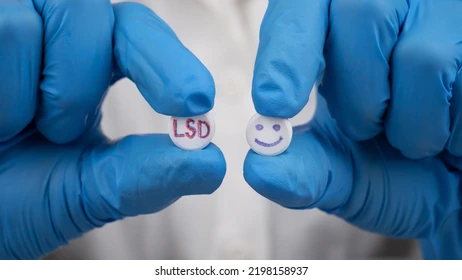In recent years, there has been a resurgence of interest in the potential therapeutic uses of LSD (lysergic acid diethylamide) in psychiatry. After decades of legal restrictions and stigmatization, new research is exploring how LSD and other psychedelics may help treat a variety of mental health conditions, including depression, anxiety, PTSD, and addiction.
Historically, LSD was studied in the 1950s and 1960s for its potential in treating mental health disorders. Early research suggested that LSD could facilitate therapeutic breakthroughs, particularly when used in conjunction with psychotherapy.If you want to buy Lsd MDMA Online in usa you can contact us Feel free to order at anytime. However, after the drug became associated with counterculture movements and recreational abuse, it was classified as a Schedule I substance, halting most research.
The revival of interest in psychedelics, driven by studies in the 2000s and 2010s, has led to promising findings about LSD’s potential in clinical settings. Modern studies suggest that LSD, when administered in controlled, therapeutic environments, can help individuals confront and process deep-seated psychological issues. One of the key therapeutic benefits of LSD is its ability to facilitate profound introspection. The drug’s impact on serotonin receptors in the brain can help patients gain new perspectives on their emotions, relationships, and past traumas.
Research has indicated that LSD may be particularly beneficial for patients with treatment-resistant depression and anxiety, especially those dealing with life-threatening illnesses like cancer. Studies have shown that LSD-assisted psychotherapy can reduce anxiety and improve overall well-being by helping patients explore their feelings about mortality. Additionally, LSD is being studied for its potential in treating addiction, as some research suggests it can help individuals break free from destructive patterns of behavior by offering a new perspective on their habits.
In conclusion, while LSD is still considered an illegal substance in many parts of the world, growing evidence suggests that it could play a key role in modern psychiatry. Continued research is necessary to better understand its potential benefits and risks in treating various mental health conditions.






